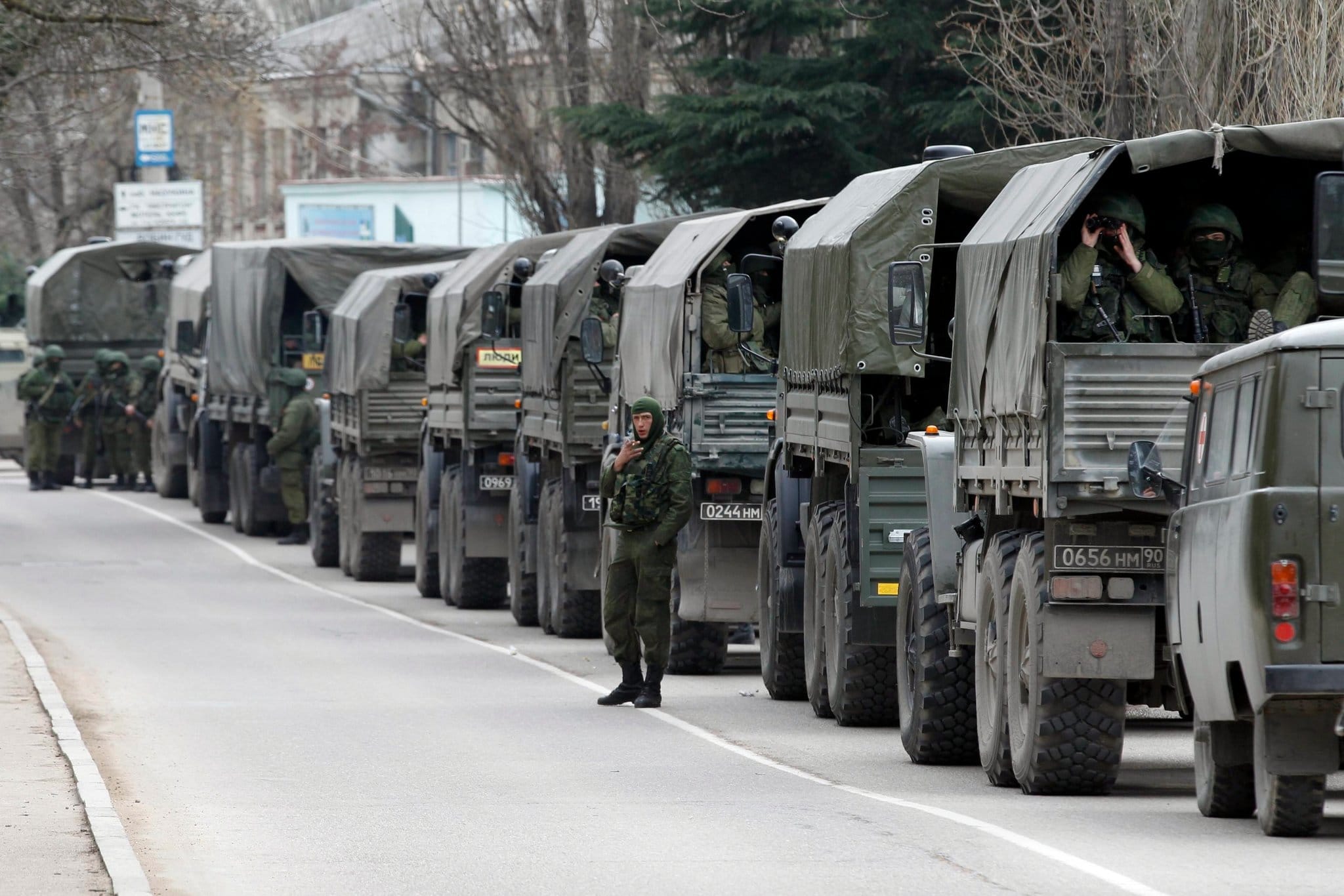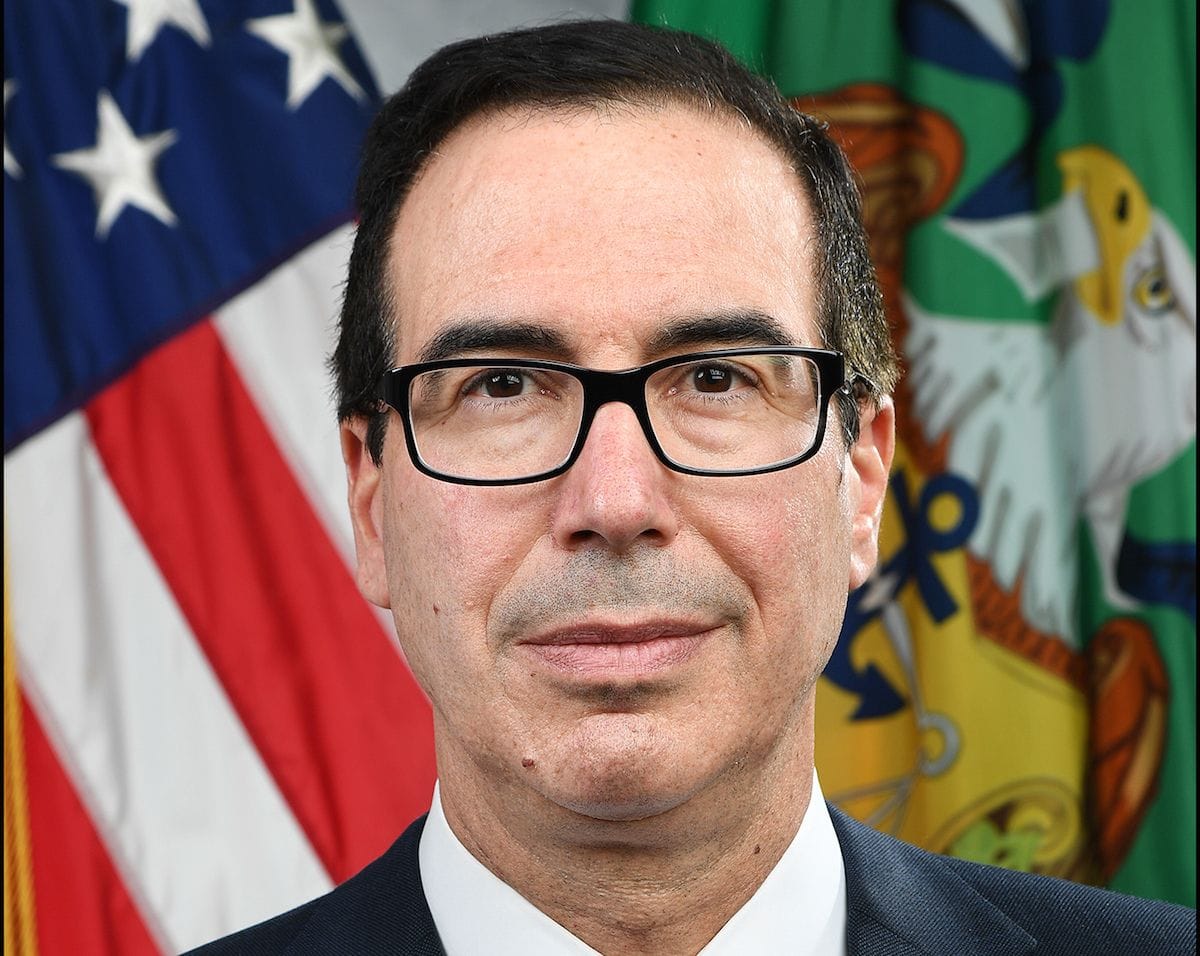During a recent campaign event, former President Donald Trump articulated a plan involving the displacement of the population of Gaza to neighboring countries, specifically Egypt and Jordan. The former president’s remarks, which included the phrase “clean out” Gaza, have generated immediate debate regarding the logistical and humanitarian ramifications of such a proposal. While the specifics of how such a relocation would be implemented were not detailed, the idea itself has been met with varying degrees of approval, criticism, and skepticism from both within the United States and the international community. The complexities of the situation in Gaza, with its dense population and intricate political dynamics, present a significant challenge to any plan of this scale. The demographic makeup of the area, the established infrastructure, and the existing social structures would all need to be considered in such an endeavor. Furthermore, the legal and ethical aspects of displacement on such a scale are significant, particularly given the complex history of the region and the ongoing conflicts there. International law and the rights of displaced persons would undoubtedly be central to discussions surrounding any such relocation effort. The response from Egypt and Jordan, the proposed receiving countries, remains largely unknown. Both nations have long-standing border concerns and their own internal considerations that would need to be addressed before agreeing to such a large influx of people. The logistics of accommodating a large population transfer, including housing, food, water, sanitation, and security, would place a significant strain on the resources of these countries. Moreover, the reaction from other regional stakeholders and international bodies would be critical. The international community’s humanitarian organizations, which already work extensively in the region, would need to play a major role in providing aid and support in any potential relocation. The long-term social, economic, and political impacts of a large-scale demographic shift of this nature would also need to be considered, both for the receiving countries and the affected population. This includes the long-term economic opportunities for those displaced, the social integration of the relocated population, and the potential for the emergence of new forms of social tensions. Furthermore, security considerations would need to be taken into account, both during the relocation process and within the relocated communities. The involvement of international peacekeepers or monitors might be essential to ensure that any proposed transition is managed peacefully and that the fundamental rights of individuals are protected. The proposal from the former president has triggered a discussion about the future of Gaza and its place within the ongoing conflict. While it appears to be an ambitious undertaking, the logistical, legal, and humanitarian challenges are immense and would need to be carefully addressed by all stakeholders. The proposal raises questions about the rights of civilians impacted by conflict, the responsibilities of nations during crises, and the role of international law in large-scale population displacement. The international community will be closely observing the evolving discussion regarding this proposal and how it might affect the overall peace process in the region. The situation is extremely intricate, with different actors and interests all seeking various outcomes. Therefore, open communication, a deep understanding of the different needs and concerns, and cooperation will be essential to handling this complex matter.
Former President Trump Suggests Relocation of Gazan Population



